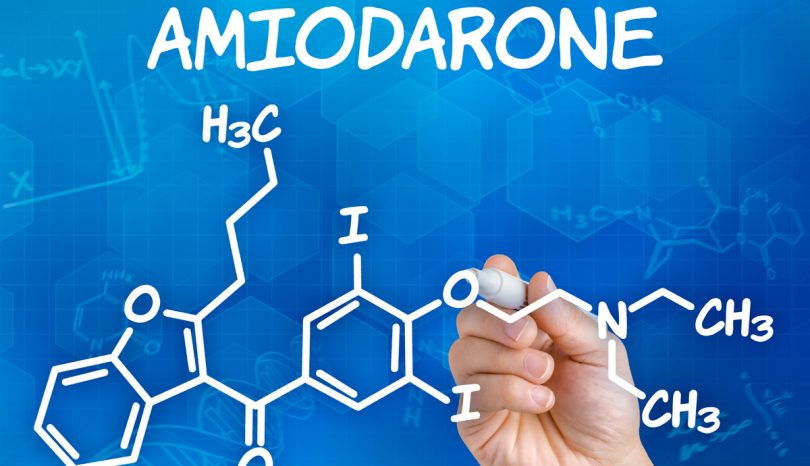- Find A Medical Provider
- Auto Injuries
- Common Injuries
- Medical/Pharmaceutical
- Types of Medical Injuries
- Malpractice Injuries
- Drug and Medical Device Injuries
- Drugs and Devices Linked to Cancer
- Opioid Addiction
- Drugs and Devices Known to Cause Injury
- 3M Combat Arms Earplugs – Hearing Loss
- Accutane
- Aciphex
- Actonel
- Actos
- Adderall and Ritalin
- Advair
- Aldara (Imiquimod)
- Alli
- Ambien
- Amiodarone
- Anzemet
- Aptivus
- Aranesp
- Arava
- Atorvastatin
- Avandia
- Benicar
- Birth Control Medication
- Blood Thinners
- Essure
- Fosamax (Alendronate Sodium)
- Gadolinium-Based MRI Contrast Agents
- Granuflo
- Hernia or Surgical Mesh Injuries
- Hydroxycut
- Inferior Vena Cava Filters
- Invokana Toe and Foot Amputations
- Ketek
- Levaquin
- Lipitor
- Mirapex
- Neurontin
- Onglyza
- Over-the-Counter Medications
- OxyContin
- Paxil
- Power Morcellators
- Pradaxa
- Propecia
- Reglan
- Talc Powder
- Trasylol
- Valsartan
- Viagra
- Xolair
- Zelnorm
- Zoloft
- Work Injuries
- Sports Injuries
- Marketing Services
- Blog
List your practice on InjuredCare | Log in / Sign up
Amiodarone

The first version of amiodarone approved by the FDA (1985) was Pacerone, sold by Upsher-Smith Labs. Another common amiodarone product is marketed by Wyeth-Ayerst Labs under the name Cordarone. Amiodarone is a "last resort" anti-arrhythmic medication, designed to regulate patients' heartbeats. The primary conditions for which amiodarone is prescribed are hemodynamically-unstable ventricular tachycardia (VT) and recurrent ventricular fibrillation (VF).
Though amiodarone can help regulate irregular heartbeats in certain cases, its severe side effects led to the FDA to approve its use only as a last resort option for patients. Amiodarone can be toxic to atrial fibrillation patients, who are targeted by manufacturers of amiodarone in marketing the drug. These off-label marketing efforts, and the severity of symptoms patients can experience, has led to the FDA to require that pharmacists relay a medication guide with every prescription. The guide clearly outlines the proper use and potential complications of amiodarone.
High-Risk Amiodarone Side Effects
Due to the severity of the potential side effects, patients taking amiodarone are advised to stay in the hospital for monitoring during the week following initial dosing. A study covered by the British Pharmacological Society acknowledged the effectiveness of amiodarone but also noted the severity of potential side effects as well as the connection between those side-effects and long-term (over one year) use:
- Worsening heartbeat – faster, slower, more irregular than before
- Damage to the nervous system (neurotoxicity)
- Liver problems
- Blindness
- Hypothyroidism
- Lung damage
- Shortness of breath
- Swelling in the feet or ankles
- Dizziness and fainting
- Coordination decline
- Irregular or uncontrolled movements
- Tingling or loss of sensation in hands or feet
- Excessive fatigue
- Significant and/or quick-onset weight gain
The FDA Tightly Regulates Amiodarone Prescriptions Due to Its Severe Side Effects
While doctors can prescribe medications outside of FDA-approved applications when they see fit, marketers and manufacturers are strictly prohibited from marketing a drug for any use outside those specifically approved by the FDA. Cordarone is approved only as a last-line anti-arrhythmia medication, but Wyeth has marketed it as a first-line option to both doctors and patients. The FDA has demanded that Wyeth stop promoting Cordarone for off-label use.
Sandoz, a maker of a generic amiodarone, has been accused of not providing adequate guidelines to patients being prescribed the medication.









